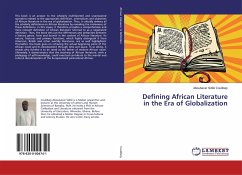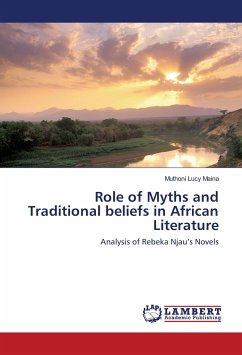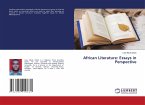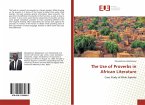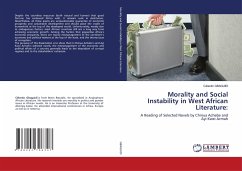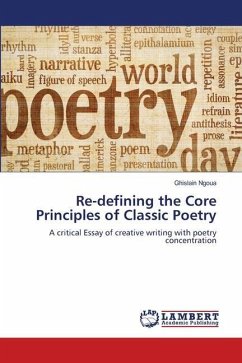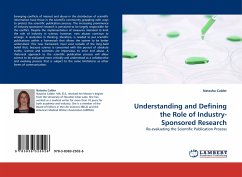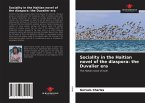This book is an answer to the scholarly multifaceted and unanswered questions related to the appropriate definition, orientations and objectives of African literature in the era of globalization. Thus, it critically reviews all the scholarly definitions on African literature by revealing the irrelevance of those definitions. In this scope, it therefore provides a comprehensive and more relevant definition of African literature referred to as a negotiated definition. Then, the book sets out the differences and similarities between a literary genre, form and branch in the context of African literature. Its nature, features and primary functions, which highly distinguish it from American, British and other worldly literatures, are as well highlighted. Thereafter, the book goes on retracing the actual beginning point of the African novel and its development through time and space. In so doing, it reveals why Achebe is to be rated as the father of modern African novel. Ultimately, it demonstrates that the teaching of African literature, with a pedagogy of self-knowledge, could eventual contribute to the mental and cultural decolonization of the Europeanized postcolonial African.
Bitte wählen Sie Ihr Anliegen aus.
Rechnungen
Retourenschein anfordern
Bestellstatus
Storno

